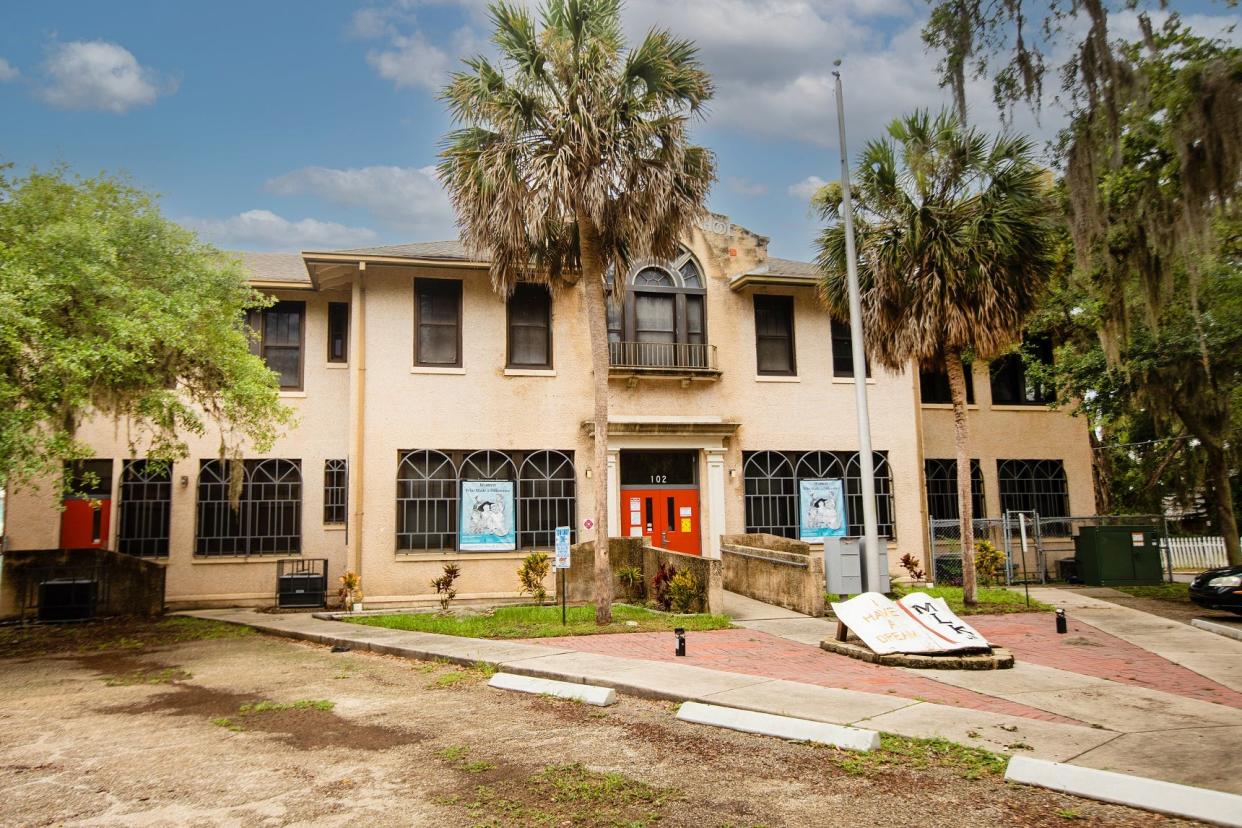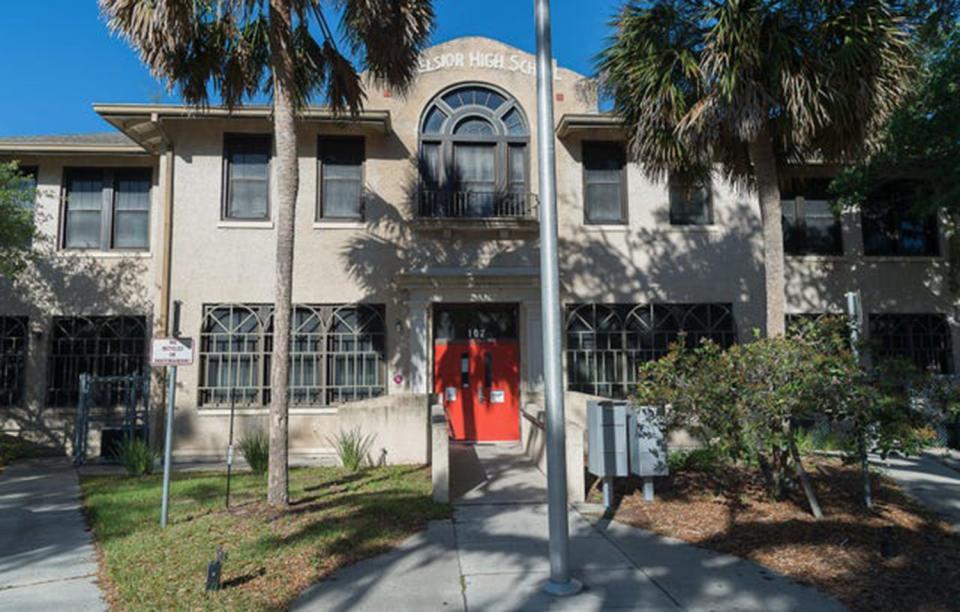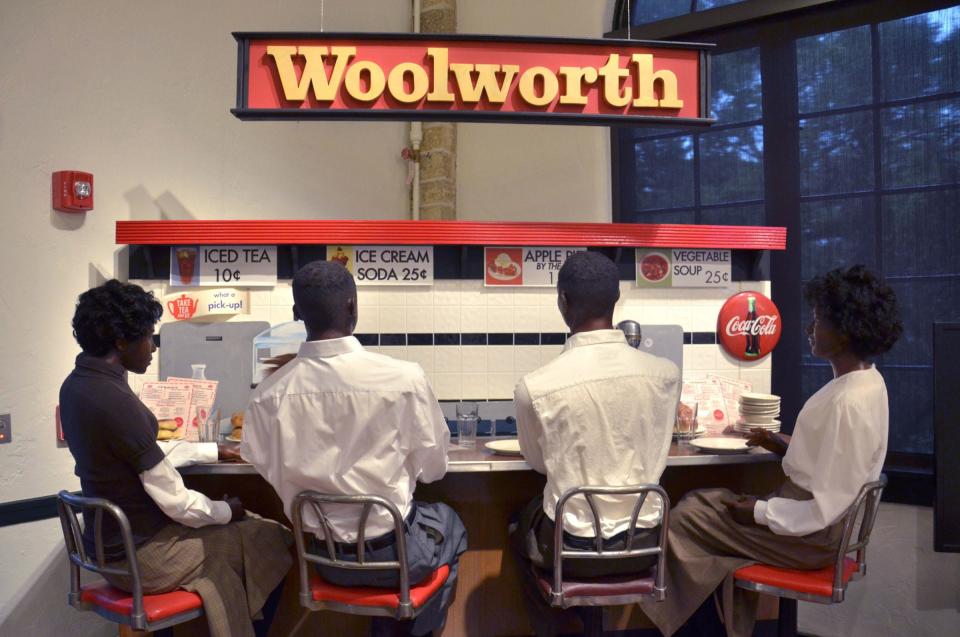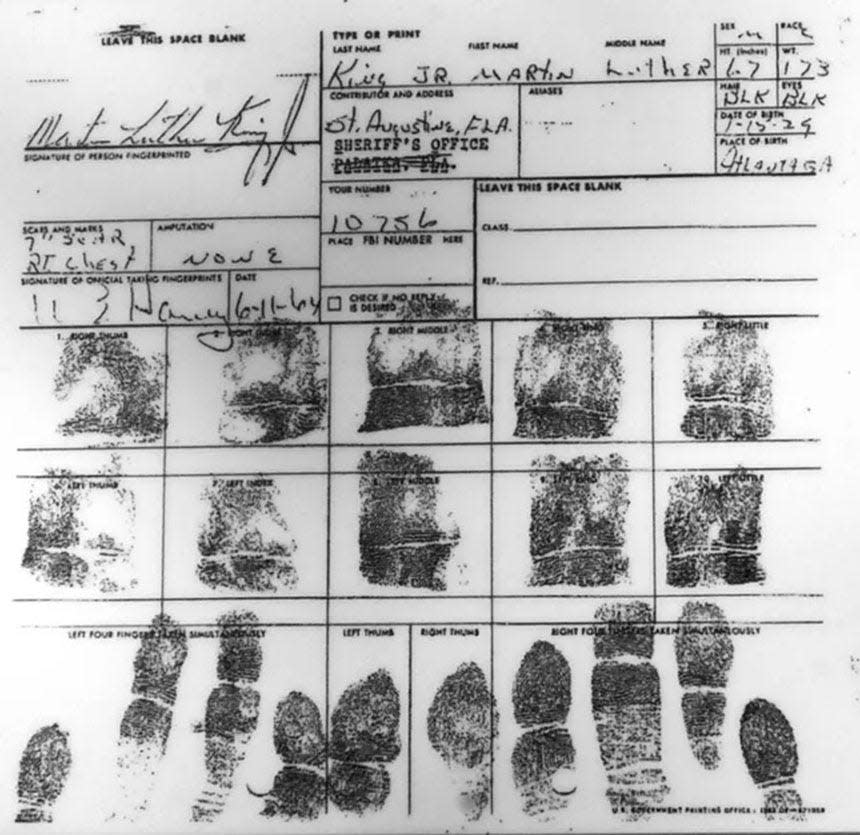This Florida museum made USA TODAY’s 10 best in the nation. Here’s what you’ll find

- Oops!Something went wrong.Please try again later.
Every year, the USA TODAY 10Best Readers' Choice Awards features the very best in travel, food & drink, and lifestyle. A panel of industry experts nominates the best across a wide range of categories and readers vote on them.
This year, a museum in a small Florida city was chosen as one of the 10 best in the country. That's not terribly surprising, as the city and neighborhood in question are practically history themselves.
Lincolnville Museum and Cultural Center voted one of the best museums in the U.S.

Voted as No. 5 in the Best Museums category of the 2024 USA TODAY 10Best Readers’ Choice Awards, Lincolnville Museum and Cultural Center in St. Augustine was named "Best Small Town Museum."
"Highlighting over 450 years of history, Lincolnville Museum and Cultural Center in St. Augustine, Florida, honors the city's Black history, from the Spanish colonial period to the Civil Rights era," the 10Best award said.
"Exhibits focus on illustrating what it was like to live in the Lincolnville neighborhood in the early 20th century, as well as how the lives of West African peoples were forever changed during the quest for enslaved workers."
The museum, located at 102 Dr. Martin Luther King Jr. Ave., occupies the former Excelsior High School building, St. Johns County's first public high school for Black students in 1925. The museum was established as the Excelsior Museum and Cultural Center in 2005 and was renamed for the Lincolnville neighborhood in 2012.
Lincolnville itself is an area of 45 blocks in southwest St. Augustine founded in 1866 by formerly enslaved people. By the early 20th century, Lincolnville had become a major subdivision of St. Augustine with many thriving Black-owned businesses.
In the 1960s, it was where civil rights leaders and activists met and planned peaceful protests and marches. Dr. Martin Luther King Jr. stayed in different residences in the area and spoke at St. Paul AME Church. King was arrested on the steps of what was the nearby Monson Motor Lodge (now the Bayfront Hilton) for attempting to stage a sit-in there. A week later the hotel owner poured acid into the whites-only pool after Black activists jumped in. Many believe the worldwide attention to that act helped push along passage of the Civil Rights Act.
Lincolnville was designated a Historic District in 1991 by the National Register of Historic Places.
What can I see at the Lincolnville Museum and Cultural Center?

St. Augustine has “the oldest black heritage of any continuous settlement in the United States" and the museum tells the story of local Black history, from the empires of West Africa, to the struggles of the 20th century and how the contributions of Black people "shaped the state and the nation," according to the museum's website.
Current exhibits look at the early days of the Lincolnville neighborhood; how African people were enslaved and brought to this country; how they contributed to the early success of Florida; iconic local women; civil rights history (Dr. King described St. Augustine as “the most lawless city he’s seen”); historic Black businesses of St. Augustine, and a look at other Black communities in the area. The museum has also hosted performances and music.

Previous exhibits have included the actual Woolworth's counter where Black students, the St. Augustine Four, staged a sit-in in 1963 in one of the protests that led to the Civil Rights Act of 1964. Nearby was the original fingerprint card from Dr. King's arrest the next year.
The museum also hosted the Harlem Renaissance Experience where visitors could don VR glasses and find themselves inside a jazz nightclub or on the streets of Harlem in the 1920s when people of color began creating works based on their own history and expression rather than imitating the white culture around them.
When is the Lincolnville Museum and Cultural Center open?
The museum is open from 1 p.m. to 4:30 p.m. on Mondays and from 10:30 a.m. to 4:30 p.m. Tuesday through Saturday.
Admission is $10 for adults, $5 for kids 17 and under or college students with valid ID. Military and seniors get a 10% discount.
For information, visit lincolnvillemuseum.org or contact the museum at lmccstaug@gmail.com or 904-824-1191.
This article originally appeared on The Daytona Beach News-Journal: St. Augustine's Lincolnville Museum voted in list of 10 best in U.S.

